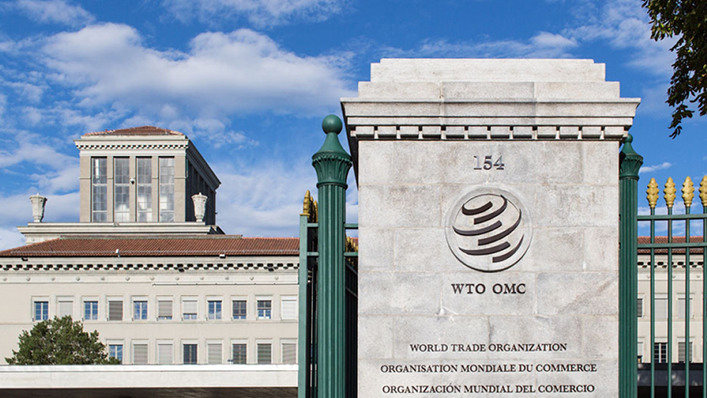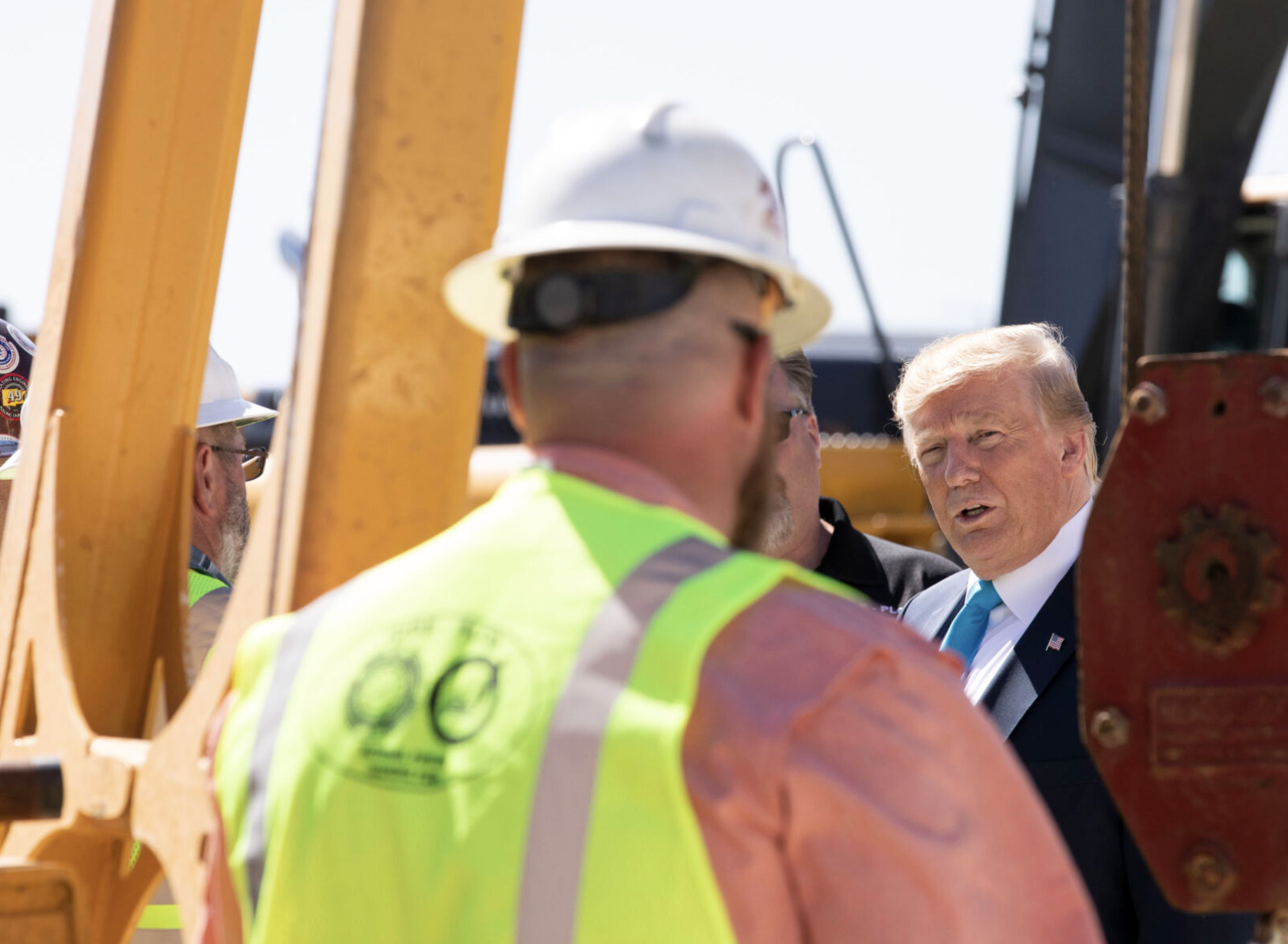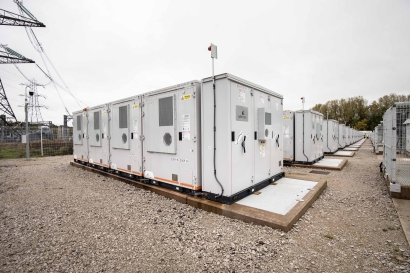Proposed Changes to USTR’s Shipbuilding Remedies Could Create Loopholes
And several reports are due to the White House as it executes Trump’s maritime executive order.


And several reports are due to the White House as it executes Trump’s maritime executive order.
The United States Trade Representative (USTR), Commerce Secretary, Transportation Secretary, and a host of other Cabinet officials were required on Tuesday to submit recommendations for the fulfillment of President Trump’s “Restoring America’s Maritime Dominance” executive order, put in place in April. These reports will ultimately be developed into a Maritime Action Plan that’s due to the president on Nov. 5.
While we await these reports, the Alliance for American Manufacturing submitted comments to the United States Trade Representative (USTR) on Tuesday urging the office to not shy away from remedies it has proposed to counter China’s unfair policies and practices in the shipbuilding, maritime and logistics sectors.
Some backstory: The USTR launched a Section 301 investigation into China’s dominance of the global shipbuilding industry following a March 2024 petition from a coalition of labor unions, including the United Steelworkers. The office concluded its investigation in January, finding that China’s practices had indeed harmed U.S. commerce by restricting fair competition for decades and warranted “urgent action.”
In April, the USTR announced a series of proposed remedies, which include setting fees on vessels with Chinese operators or owners and fees on Chinese-built vessels based on net tonnage, starting at $18 per net ton of the arriving vessel and increasing to $33 per net ton over three years. Now, the USTR is weighing whether to adjust these proposed remedies, which could undermine their efficacy, AAM warned in comments this week.
Specifically, AAM cautions that the proposed lowering of the fee on Chinese-built vessels from $18 to $14 per net ton “will significantly reduce its deterrent effect as compared to the originally proposed fee.” When you take a look at the math for calculating these fees, you can see just how impactful this change would be. As AAM states:
“For instance, the M/V Titus, a Pure Car Truck Carrier with a capacity of 5846 Car Equivalent Units (CEUs) and a net tonnage of 23033 NT, would be subject to new fee that is roughly 37 percent of the previous CEU fee.1 Even when accounting for differences in builds and other factors that may yield variance in these calculations, the M/V Titus is not an outlier. Based on publicly available data on maritime-database.com of sixty similar vessels, the proposed modification to the fee structure appears to result in an average fee that is 69 percent less than the originally proposed fee. This represents an average reduction of nearly $600,000 per vessel.”
AAM also cautions that a proposed exemption for U.S.-owned or U.S.-flagged vessels enrolled in the Maritime Security Program and for U.S. government vessels creates a loophole that would allow U.S. owners to order or purchase Chinese-built vessels flagged under the United States to avoid fees. However, the USTR can avoid this by limiting the inclusion of non-U.S.-produced vessels in the Maritime Security Program.
Similar loopholes in the USTR’s remedies could be created by other exemptions that the office has outlined that appear to permanently exempt container vessels ordered from China, provided they are U.S.-owned or U.S.-flagged and enrolled in the Voluntary Intermodal Sealift Agreement, the Maritime Security Program, the Tanker Security Program, or the Cable Security Program.
There’s much at stake if the United States fails to fully combat China’s chokehold on the global shipbuilding sector.
As AAM warns in Tuesday’s comments, “failing to reverse the dire state of our nation’s shipbuilding and maritime capabilities will continue to present unacceptable risks to our nation.”
However, Congress, too, is working to strengthen America’s shipbuilding industry. This April, Sens. Mark Kelly (D-Ariz.) and Todd Young (R-Ind.), alongside Reps. John Garamendi (D-Calif.) and Trent Kelly (R-Miss.) introduced legislation, the Shipbuilding and Harbor Infrastructure for Prosperity and Security (SHIPS) for America Act, that would channel revenue from the USTR’s trade remedies into infrastructure and workforce development. Additionally, the SHIPS for America Act would expand and modernize the U.S.-flag commercial fleet and shipbuilding base.
The bill recently garnered the official support of the same unions that first petitioned the USTR to investigate China’s unfair shipbuilding practices and policies. These unions have said that passage of the SHIPS for America Act will “create thousands of jobs while enhancing our nation’s economic and national security.”
You can take action as well. Join us in urging Members of Congress to co-sponsor this important piece of legislation.
What's Your Reaction?























































